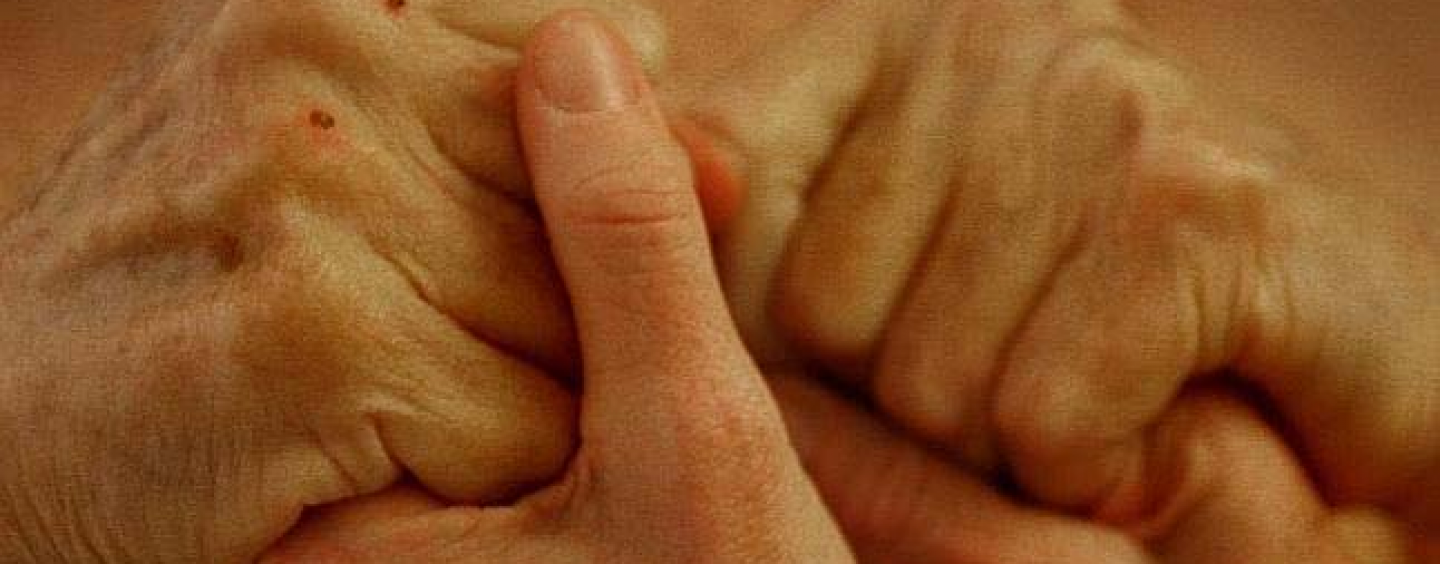The absolutely essential element is voluntary consent, not implied consent or acquiescence.
David Leyonhjelm
There is no better indication of individual freedom than the ability to decide what to do with our own body.
If the law prevents us from making free choices about it then we are not really free at all; our bodies belong to the state.
This freedom is mostly well accepted. Nothing prevents us from having our body tattooed from head to toe, cutting our hair in all kinds of ways, or inserting rings, studs and other paraphernalia through our skin and appendages.
It is the same when we choose to end our lives. Whereas suicide was once illegal and failed attempts sometimes led to prosecution, that is no longer the case.
When cancer, degenerative disease or some other ailment renders life no longer worth living, we can escape pain and the indignities of a failing body by ending our own lives. We have both a fundamental and legal right to choose whether we wish to continue living.
But there is a catch. The law says we are only permitted to die by our own hand, without assistance. Indeed, in Victoria, NSW, South Australia and the ACT, reasonable force can be used to stop a person from committing suicide.
If we are too weak or incapacitated to end our lives ourselves, we are condemned to suffer until nature takes its course.
It is a serious offence for anyone to either help us die, at our instruction, or even to tell us how to do it for ourselves.
Most fair-minded people accept that painlessly terminating the suffering of animals is an act of compassion. But animals are not people and cannot give consent. For us humans, even when we give consent and beg for help, the law prohibits the same compassion.
Cruelty of the status quo
In 1997, with the tacit support of both the Liberal and Labor parties, Kevin Andrews MP succeeded in pushing a private member’s bill through federal Parliament that overturned the first law to legalise assisted suicide in Australia, enacted in the Northern Territory.
Providing assistance to commit suicide thus remains a serious crime in all states and territories of Australia. Three states have life imprisonment as the maximum penalty, while in others the maximum penalty varies from five to 25 years.
This is extraordinarily cruel. The denial of the right to die at a time of our choosing can result in a lingering, painful death.
It can also compel people to end their lives earlier than they would prefer, to escape the risk that they will become incapable of doing it for themselves.
Legalisation of assisted suicide is long overdue in Australia. Opinion polls show more than 80 per cent of Australians are in favour, across all political parties.
It is high time governments accepted that on this deeply personal matter, their intrusion is not warranted. Despite what some people may think, this is not about bumping off grandma to inherit the house.
Assisted suicide is simply helping someone to do something that they would do for themselves, if they were not so ill or feeble. The absolutely essential element is voluntary consent, not implied consent or acquiescence.
Moreover, this is not about living wills or withdrawing medical assistance. Those are different issues.
Consent must be verified
Of course, consent must be verified. Medical practitioners are no better qualified than anyone else to confirm this, but clearly the decision must be genuine.
Equally, those contemplating suicide should be made aware of the availability of palliative care to make their last days less agonising, and have treatment options in the case of mental illness.
Indeed, the decision to die, with or without assistance, should ideally be well informed in all cases including knowing the attitudes of loved ones left behind.
But that does not include the government or those not directly affected.
Whatever we might think of the decisions others make about their lives, the law should respect their right to make their own choices. Our approval is neither necessary nor relevant, and the permission of the government should not be required.
Furthermore, the hounding of those who give advice to people contemplating suicide must cease. It is fine to promote the treatment of depression and palliative care, but it is not acceptable to claim their availability removes the right to make a choice.
If free people own their own lives, they must be free to end them if they wish.
David Leyonhjelm is the Liberal Democrats’ Senator for NSW.








